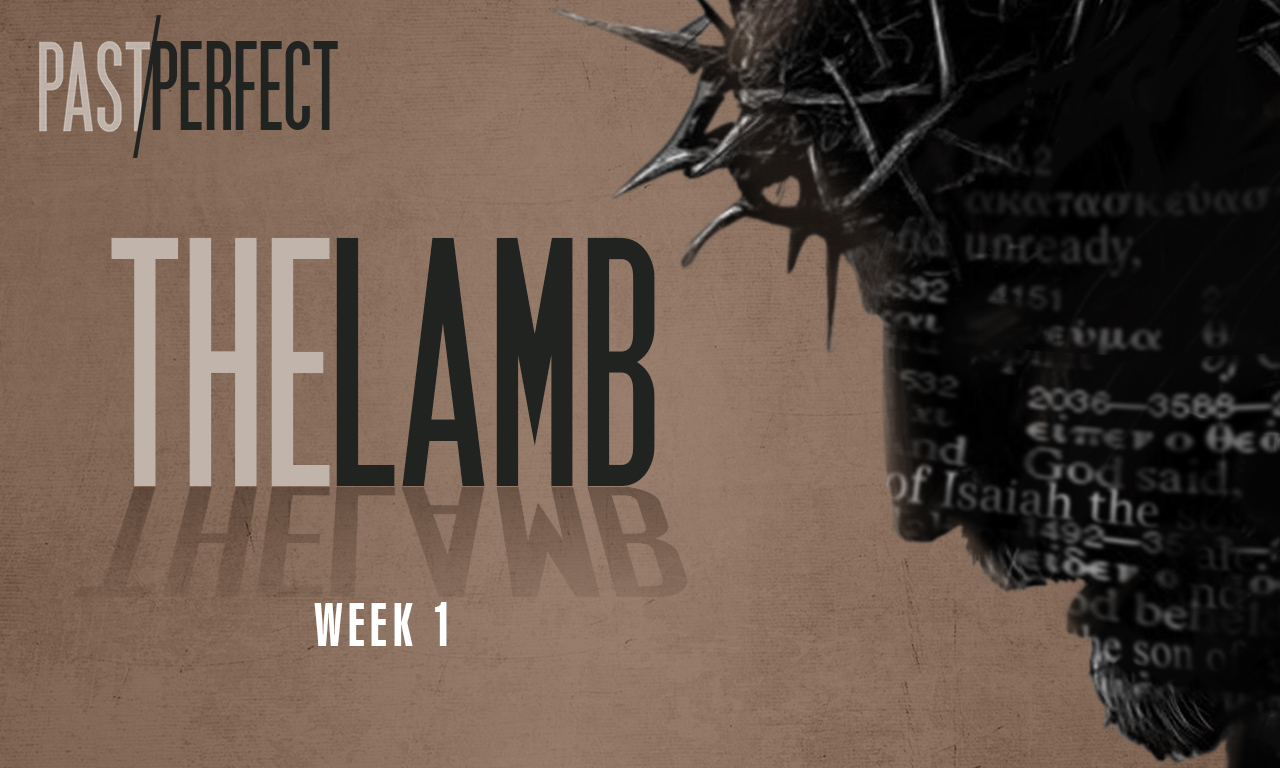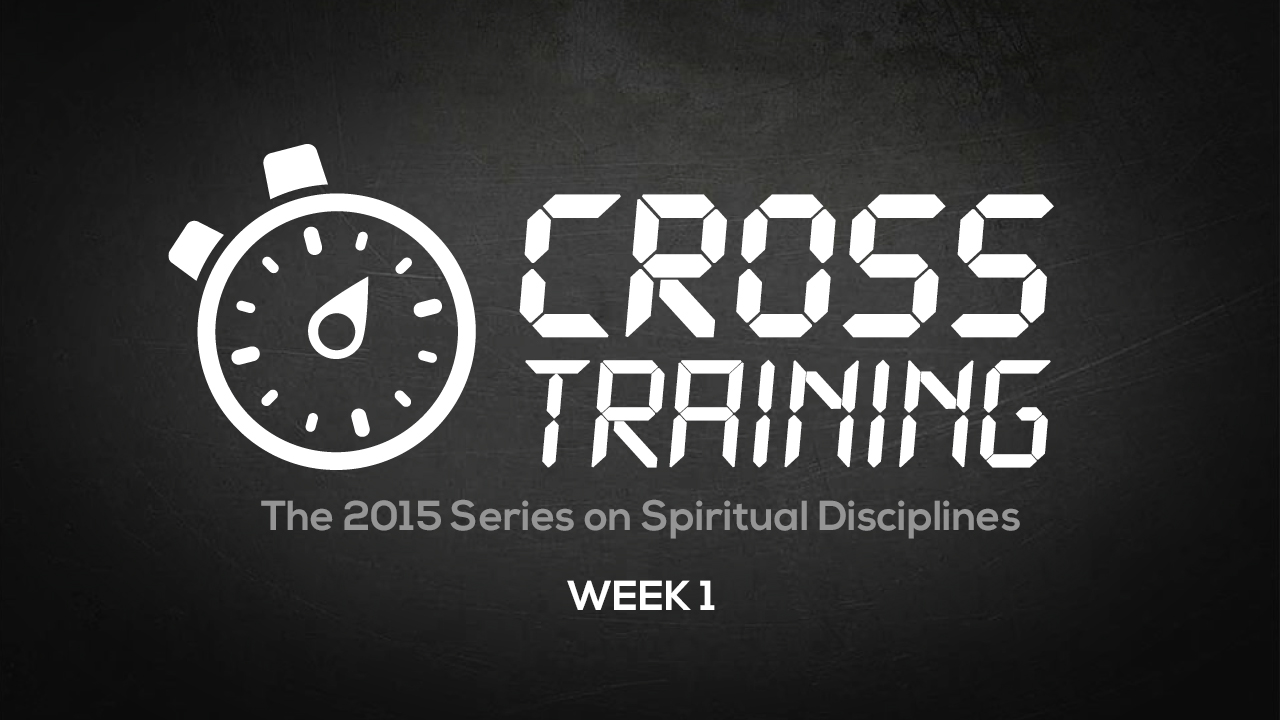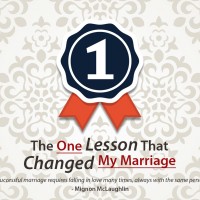Abraham

They didn’t see what was promised. They were flogged, beaten, and vanished. They suffered here on earth and did not have a full glimpsed of what they believed in. Despite it all, they went beyond believing and obeying God, by faith. They are the men, with their eyes on the eternal, took the leap.
A man who gives his wife away, out of fear, is not exactly a good start for a soon-to-be exemplar of faith. It took God to appear before King Abimelek to set things straight (see Genesis 20).
Such stunt may officially designate Abraham as the fearful patriarch in Scripture, but it didn’t turn out that way. The name God gave him, which means a “father of multitude,” would still come to pass and his life will be an example of a man who held on to God’s promise for his life.
Abraham’s identity was no longer rooted in his own perceptions, his fears, and his past but in what God says about him.
By faith Abraham, when called to go to a place he would later receive as his inheritance, obeyed and went, even though he did not know where he was going. By faith he made his home in the promised land like a stranger in a foreign country; he lived in tents, as did Isaac and Jacob, who were heirs with him of the same promise. For he was looking forward to the city with foundations, whose architect and builder is God. And by faith, even Sarah, who was past childbearing age, was enabled to bear children because she considered him faithful who had made the promise. And so from this one man, and he as good as dead, came descendants as numerous as the stars in the sky and as countless as the sand on the seashore. Hebrews 11:8-11
In this man’s life, we see three things that reflect the kind of faith that he has. First, Abraham had the faith to obey. Second, he had the faith to receive the miracle he needed. And third, he had the faith to never give up on the promise of God.
Abraham’s heart to obey God brought about the kind of faith, that both you and I can nurture so we can live and experience the power and promise of God in our lives.
Faith to obey
Whether it’s God calling him to leave (see Hebrews 11:8), or stay in a place that he has never seen (see Hebrews 11:9), Abraham had the faith to obey God’s direction. His belief in God was never just a mental or emotional posture, but it manifested in his life through obedience.
His perspective was that of someone who views the eternal as more important than what is seen, as implied in this verse:
For he was looking forward to the city with foundations, whose architect and builder is God. Hebrews 11:10
In Abraham’s view, the eternal reward of pleasing God outweighs any of the inconvenience or human discomfort caused by obeying God on earth.
He lived his life with devotion to God and even if what God was asking was his only son (see Hebrews 11:17-19), he obeyed and thereby passed the test of faith.
Faith to receive a miracle
Abraham’s obedience was coupled with expectancy.
Both Abraham and Sarah believed that God will give them a child (see Hebrews 11:11), despite how impossible the circumstance. They held on to that promise and expected that it will come to pass.
They knew that God was in the business of doing miracles.
As I’ve experienced in my own life, God would come through in situations, even if it may seem like a dead-end, because it’s in His nature to extend and show love to His children.
Faith that never gives up
And so from this one man, and he as good as dead, came descendants as numerous as the stars in the sky and as countless as the sand on the seashore. All these people were still living by faith when they died. They did not receive the things promised; they only saw them and welcomed them from a distance, admitting that they were foreigners and strangers on earth. Hebrews 11:12-13
History and anthropology can trace the nations of the world back to one man—Abraham. His obedience and relentless faith, holding firm that no matter what, God will come through, showcased his intimacy and love for God.
The kind of faith Abraham has is deep, abiding, surpasses the present and moves into eternity. Although he never saw all that was promised while he was still alive, instead, “saw them and welcomed them from a distance,” he still believed.
Abraham had the kind of faith that never gives up.
No matter what, Abraham embraced and believed in God’s word.
No matter how difficult it was to understand, he obeyed, at one point ready to sacrifice his only son—a test from God that he passed with flying colors.
No matter how tough it may have been, leaving a land that he was familiar with to a new promised land that he didn’t know, he obeyed.
Abraham’s life exemplified someone who despite the odds and the unknowns, decided to take the leap and please God with his faith, by faith.
My Comments Policy
While my site offers visitors the ability to converse, I have a few ground rules so that our conversations will remain civil and courteous.
1. You must register in order to leave a comment. I don’t entertain pseudo, anonymous or bogus individuals. This site is my home (it has a Home Page, get it). I don’t let strangers who don’t introduce themselves into my home.
2. I love questions. I love them because a lot of times they are similar to someone else’s questions and can even trigger other questions from others. Questions also keep us all sharp. This is also why I respond to them as best as I can and at the soonest possible time. I believe that group answering benefits more people than private email exchanges.
3. We don’t have to agree. Debates are welcome. However, whether it is with me or any other visitors of my site, my rule is this: disagree if you must but keep things civil. That’s just how I run my home, and you are a visitor here. No shouting; I have seen it done in writing. No cursing and no insulting.
4. I reserve the right to delete your comments. Like I said, this is my home. I do not have an obligation to publish your comments. As a human being, you may enjoy the freedom to express your opinions on your own site but not on mine. To be specific, I will delete your comments if you post content that is in my sole opinion: (a) snarky; (b) off-topic; (c) libelous, defamatory, abusive, harassing, threatening, profane, pornographic, offensive, false, misleading, or which otherwise violates or encourages others to violate my sense of decorum, civility or any law, including intellectual property laws; or (d) “spam,” i.e. an attempt to advertise, solicit, or otherwise promote goods and services. You may, however, post a link to your site or your most recent blog entry.
5. You retain ownership of your comments. I do not own them and I expressly disclaim any and all liability that may result from them. By commenting on my site, you agree that you retain all ownership rights in what you post here and that you will relieve me from any and all liability that may result from those posts.
6. You grant me the license to post your comments. This license is worldwide, irrevocable, non-exclusive, and royalty-free. By posting comments on my site, you automatically grant me the right to store, use, transmit, display, publish, reproduce, and distribute your comments in any format, including but not limited to a blog, in a book, video, or presentation.
In short, my goal is to host interesting conversations with caring, honest, and respectful people. I believe this clear and simple comments policy will facilitate this.


































